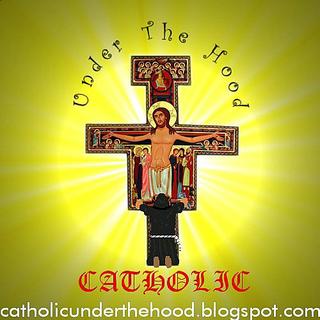Virginia Case revisited
A few weeks ago I blogged about the case of Roger Kieth Coleman who was executed in Virginia in 1992. Coleman died proclaiming his innocence and the Virginia governor had ordered a new DNA test to determine whether or not an innocent man had been executed. The results of this new test have been released and once more confirm Coleman's guilt.
Many wondered whether, if Coleman had been found innocent, this would have been a major attack on the death penalty. Certainly, it would have been a major claim against capital punishment as it is currently implemented. But, the key to contemporary Catholic objections to the death penalty is not that it is unjust in its implementation - though those arguments are made - but that the death penalty is unjust in its very nature. That is, that the sanctity of human life means that capital punishment is a moral wrong in and of itself. Yes, there is the caveat that if capital punishment were the only means to protect society that, in those particular cases, capital punishment might be justified - but it is clear that, in the United States, those cases do not currently exist. In short, it matters not whether Coleman was innocent or guilty - executing him was wrong.
But it also means that the Church needs to once more look at its ministry to the victims of violent crime. In what way are we - especially as priests and ministers - helping to create an environment that promotes healing and forgiveness?
Many wondered whether, if Coleman had been found innocent, this would have been a major attack on the death penalty. Certainly, it would have been a major claim against capital punishment as it is currently implemented. But, the key to contemporary Catholic objections to the death penalty is not that it is unjust in its implementation - though those arguments are made - but that the death penalty is unjust in its very nature. That is, that the sanctity of human life means that capital punishment is a moral wrong in and of itself. Yes, there is the caveat that if capital punishment were the only means to protect society that, in those particular cases, capital punishment might be justified - but it is clear that, in the United States, those cases do not currently exist. In short, it matters not whether Coleman was innocent or guilty - executing him was wrong.
But it also means that the Church needs to once more look at its ministry to the victims of violent crime. In what way are we - especially as priests and ministers - helping to create an environment that promotes healing and forgiveness?










0 Comments:
Post a Comment
<< Home